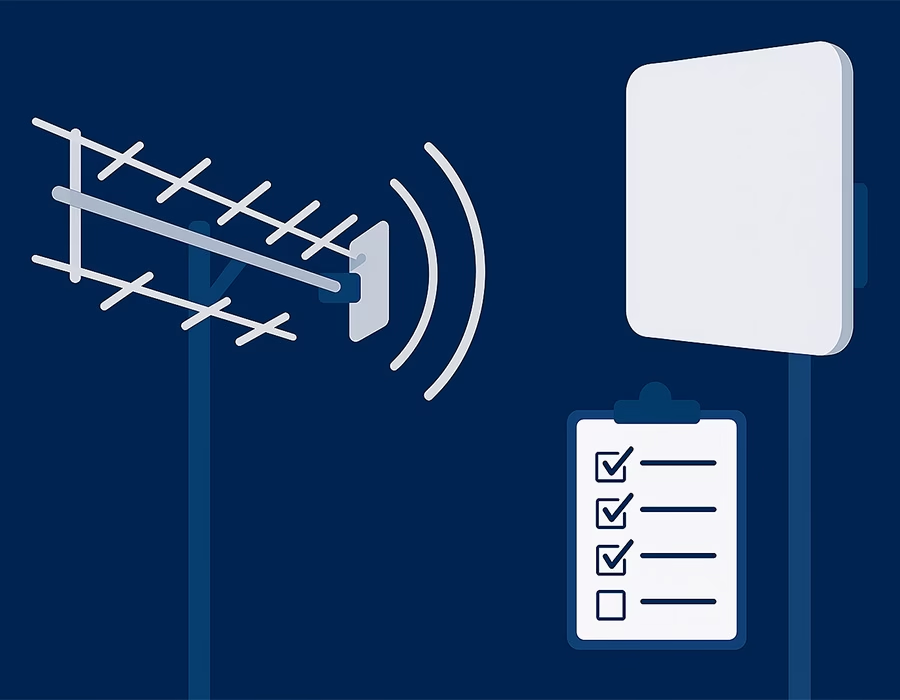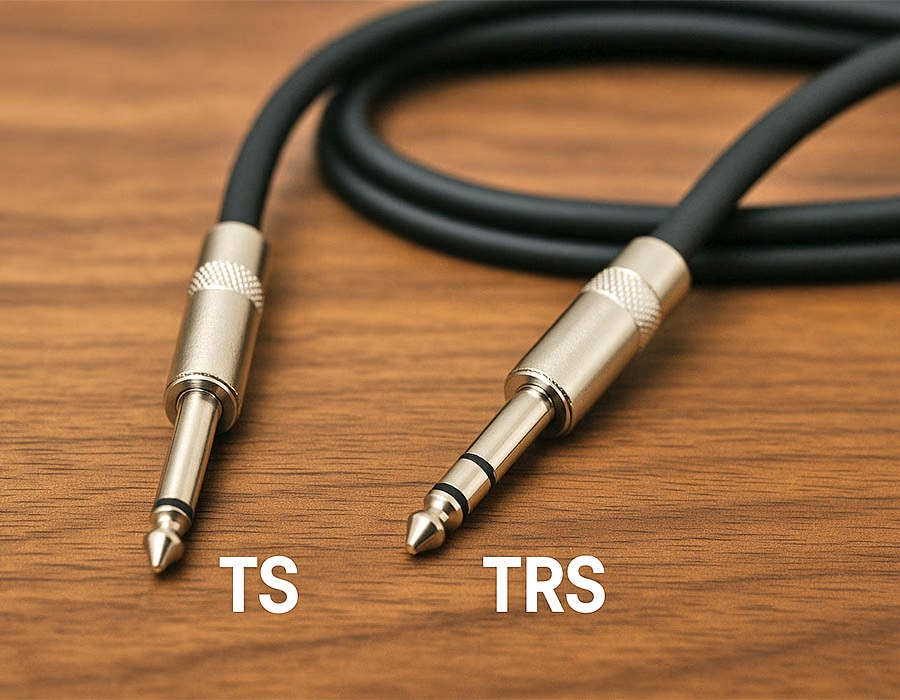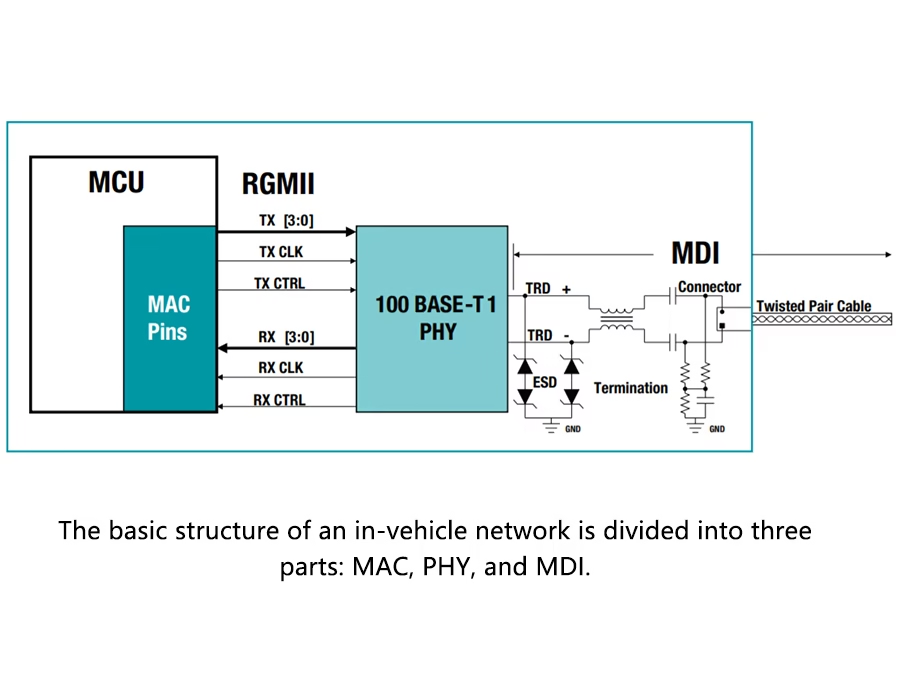
If your project relies on antennas—such as telecom base stations, radar, or broadcast antennas—you need more than just a supplier. You need a reputable, transparent, and scalable antenna provider. Before signing any contract, be sure to ask the following questions:
1. Do They Know Your Frequency?
Question: Has your company ever manufactured antennas suitable for our frequency bands (e.g., 3.5 GHz, Ku-band)?
Importance: Experienced suppliers are typically familiar with everyday issues, such as voltage standing wave ratio (VSWR) mismatch or poor intermodulation distortion (IMD) suppression.
Bonus points: Request data sheets or case studies for similar projects (e.g., 5G base stations or IoT gateways).
🔗 Explore: Visit our independent laboratory
2. What’s Built In-House vs. Outsourced?
Question: What processes does your company handle?
Look for:
- CNC machining
- PCB fabrication
- RF testing
- Radome molding
Importance: In-house production = greater control, faster feedback loops, fewer delivery delays.
🔗 See also: Our process and services
3. Are They ISO and RF-Test Certified?
Question: Is your company ISO 9001 certified? Do you test every antenna individually?
Importance: Even the most aesthetically pleasing antenna may perform poorly if not individually tested (gain, return loss, intermodulation distortion).
Professional Advice: Ask if they have an anechoic chamber or near-field scanner for final verification.
🔗 Learn more: View our certifications
4. How Transparent Is Their BOM?
Question: Where does your company source its raw materials and components?
Importance: You require RoHS-compliant metal materials and RF-grade PCBs, and wish to avoid unexpected issues arising from uncertified suppliers. Traceability is key to establishing long-term reliability.
🔗 Learn more: Quality control at Romtronic
5. Will They Guard Your IP?
Question: Who ultimately holds the design rights? How is CAD data security ensured?
Importance: For custom antenna projects, relevant files must always be under your control. Reputable antenna suppliers and original equipment manufacturers (OEMs) employ non-disclosure agreements (NDAs) and secure design systems.
6. What’s the Real Lead Time?
Question: What is your company’s minimum order quantity? What is the delivery lead time for 5,000 units?
Importance: Production delays for industrial antennas may impact product launch timelines. Ensure you understand their production capacity and contingency plans before placing an order.
🔗 Helpful read: Check our FAQ for timelines
7. Can They Customize?
Question: Does your company provide antenna design services, or do you only offer manufacturing services based on supplied drawings?
Importance: An actual custom antenna manufacturer (OEM) will optimize your design for easier manufacturing and enhanced performance, rather than merely assembling components.
🔗 Related guide: Explore our blog for customization insights
Quick Reference Table
| Category | Ask This | What It Tells You |
|---|---|---|
| Experience | Have you built for our band/app? | Know-how for your use case |
| Facilities | What’s in-house? | Speed & process control |
| Quality | Do you test each unit? ISO 9001? | Reliability under load |
| Supply Chain | Where are materials from? | Traceability and risk mitigation |
| IP Protection | How do you store design files? | Whether your IP is secure |
| Delivery | What’s your MOQ and lead time? | Fit for rollout or pilot scale |
| Customization | Do you co-develop or only build? | OEM vs. box-builder clarity |
Conclusion
Asking the right questions is key to selecting a reliable antenna supplier. By thoroughly evaluating technical requirements, production capabilities, certification qualifications, intellectual property protection, delivery cycles, and customization services, you can mitigate risks and ensure project success.
Ready to take the next step? Contact Romtronic today to discuss your antenna project needs and receive customized solutions from an experienced contract manufacturer.
🔗 Next step: Contact Romtronic for a project review
.avif)
Alex Wang is the Marketing Manager at Romtronic, with a degree in International Business and over seven years of experience in the electronic cable and wire harness industry. He leads marketing efforts across North and South America, combining deep industry knowledge with strong sales experience.
In addition to overseeing global marketing strategy, Alex is also responsible for content development and editorial coordination, ensuring that Romtronic’s messaging remains clear, consistent, and engaging. His strength in market analysis and customer-focused approach helps clients make more informed purchasing and sales decisions.


